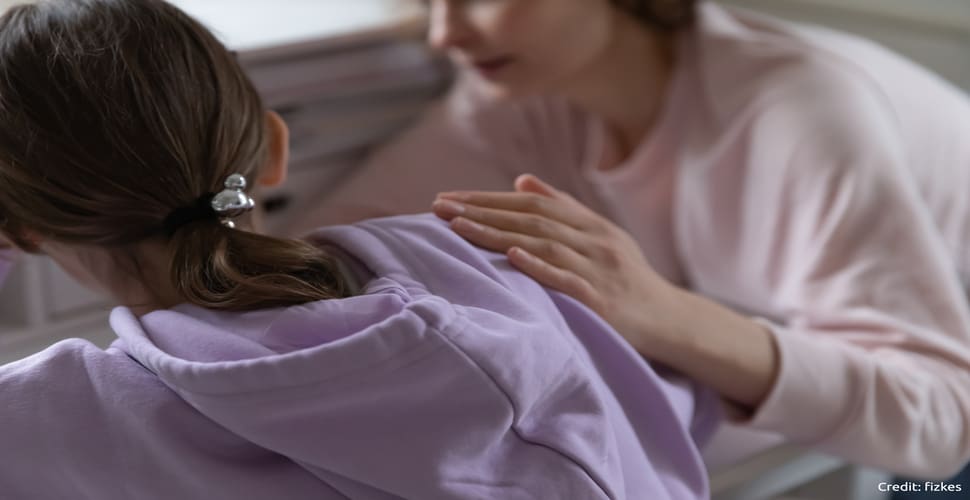What happens when teenage migrants leave federal care? New investigations show that dozens of children were sent to the same government-approved sponsor. This is a red flag that the sponsor may in fact be trafficking those children into exploitation.
Bloomberg Law reports that federal law enforcement officials are investigating whether unaccompanied migrant teenagers, aged between 13 and 17, have been released from government custody to labor traffickers who sent them to work in agricultural processing facilities across the country.
This investigation comes six years after the U.S. was shaken by the news that several children were released to traffickers who forced them to live in trailers and work at egg farms in Ohio by promising the children good jobs and a chance to attend school.
Screening protocols put in place after the Ohio case were designed to prevent this ever being repeated, however latest investigations suggest that these measures are failing. Bloomberg Law reports that the agency tasked with providing temporary shelter to migrant children whilst suitable adults are identified recently halted sending children to at least two agriculture-dense areas that are under federal investigation for trafficking.
As the number of migrant children arriving at the borders reaches record numbers, the lack of systems in place means the authorities struggle to quickly moving teens out of often-overcrowded shelters, whilst also ensuring the sponsors are legitimate and not in fact traffickers.
Bloomberg Law explains that despite recommendations to collect accurate data and track youth, authorities only check in on a fraction of migrant children after their release.
“Once folks are released, what we see is that there’s a huge drop-off in the oversight that is provided,” said Jean Bruggeman, executive director of Freedom Network USA, an organization that works to combat human trafficking.
“We need to provide those follow-on services—every time for every kid,” Bruggeman added, saying that greater involvement by case workers and attorneys could make a difference.
Instead, the government delivered follow-up services to 18.7% of unaccompanied children who were transferred to sponsors, according to HHS data from fiscal 2019, the most recent available. Only those deemed most vulnerable receive such services.
A new case management system to address poor data collection still hasn’t been launched despite having already been postponed for rollout in January 2021 sources tell Bloomberg Law.
Kathryn Larin who oversees this issue at the government watchdog, which notes that five years on the agency still hadn’t taken corrective action, made clear that the lack of quality data can “absolutely” increase unaccompanied teenagers’ risk of falling through the cracks and potentially being trafficked for their labor. “Without that information, you just don’t know what’s happening with the kids.”







Freedom United is interested in hearing from our community and welcomes relevant, informed comments, advice, and insights that advance the conversation around our campaigns and advocacy. We value inclusivity and respect within our community. To be approved, your comments should be civil.
This seems like an important i